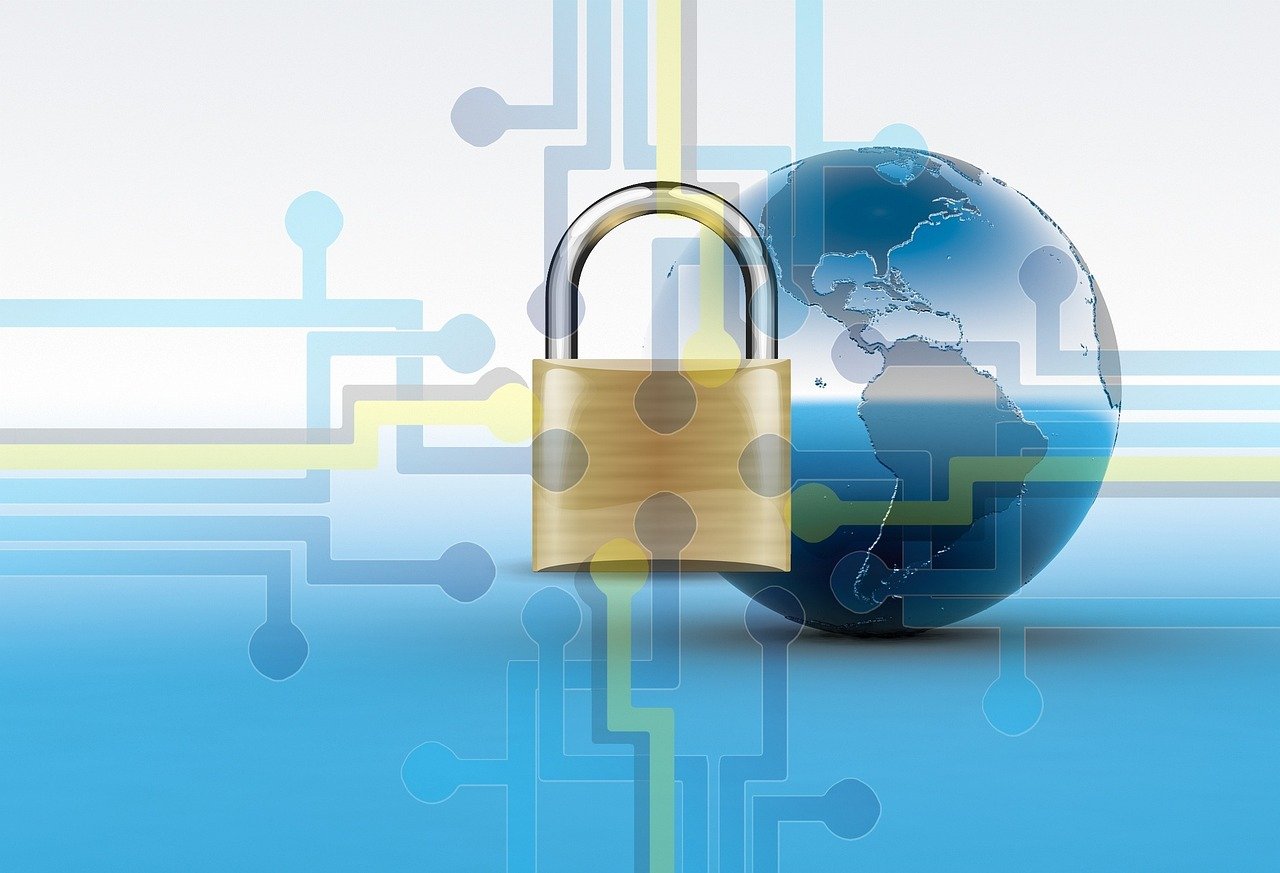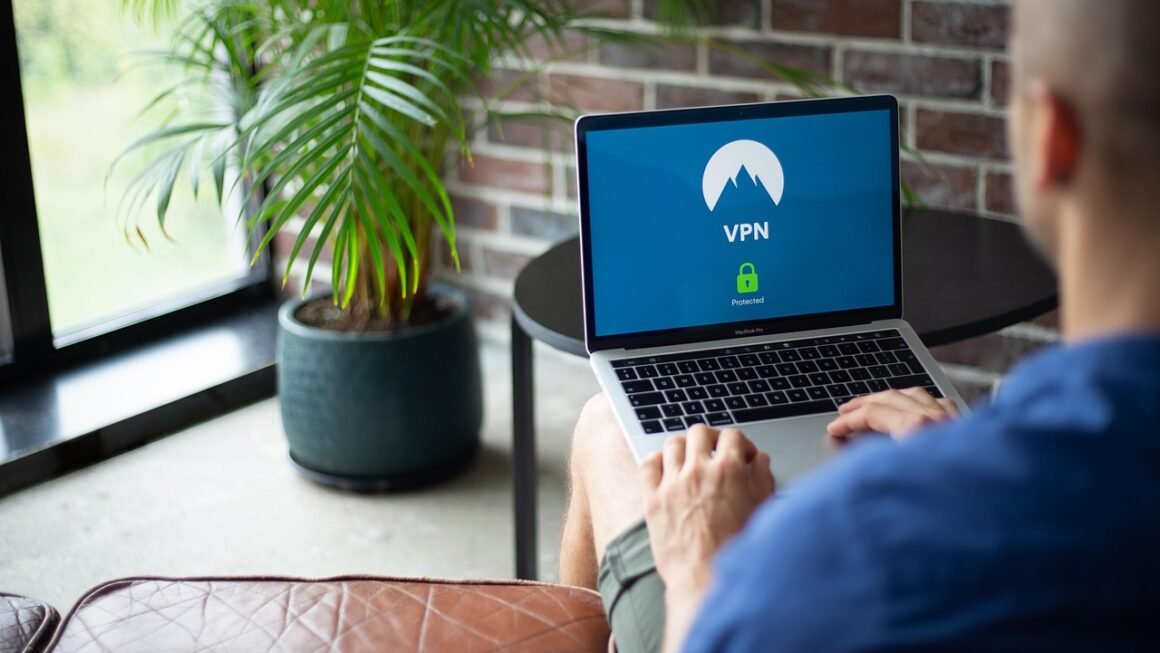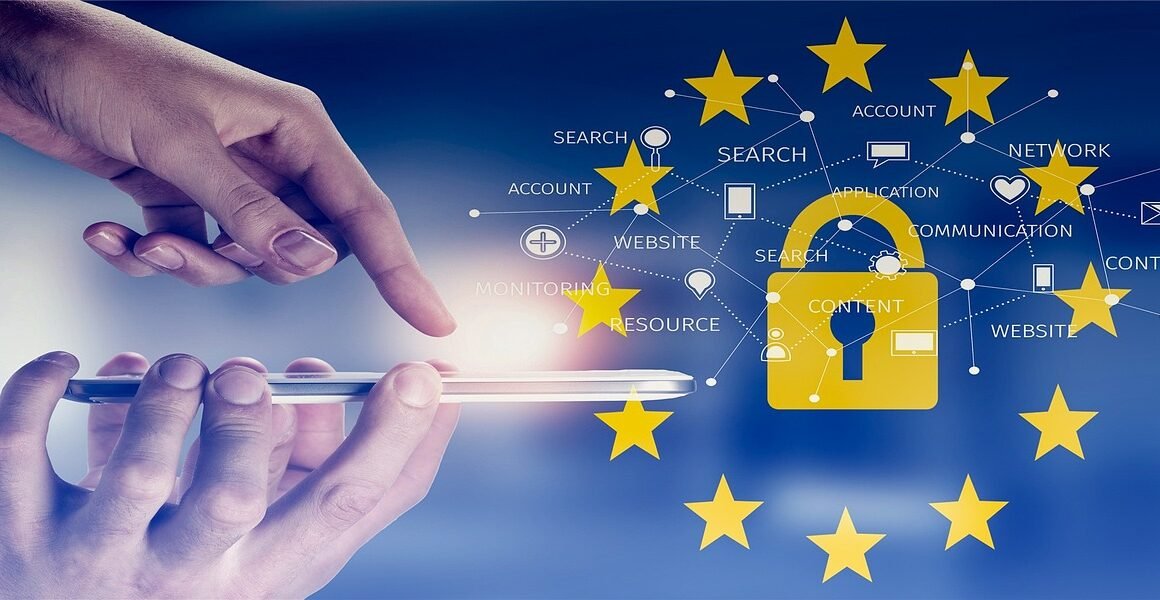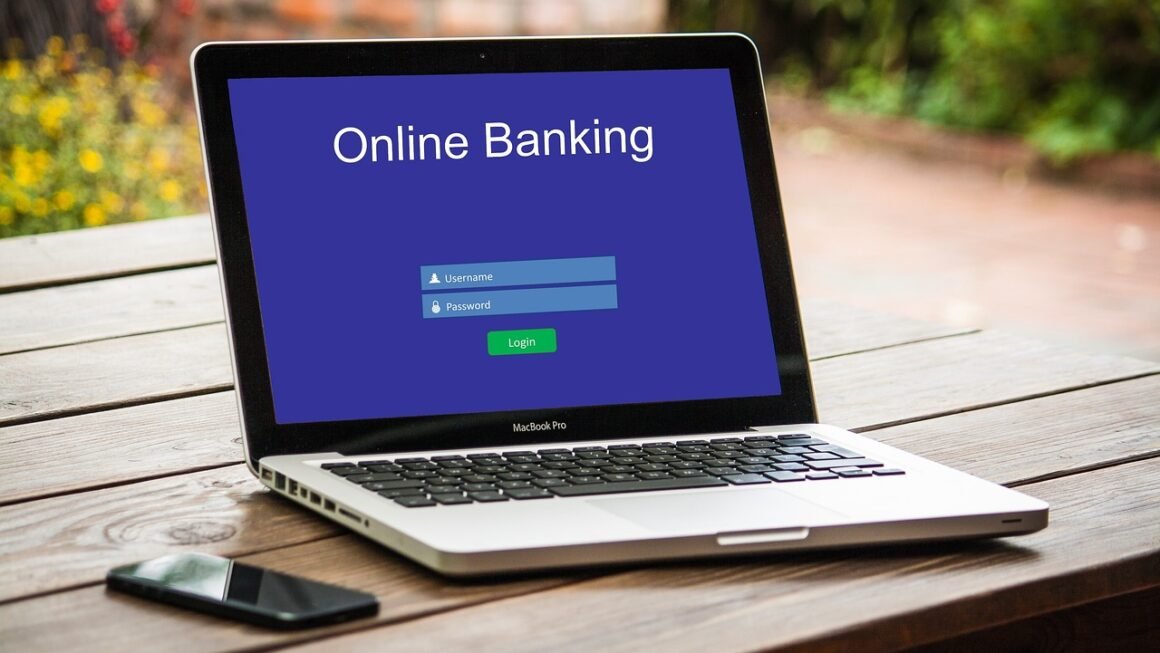Imagine surfing the internet without leaving any tracks, accessing geo-restricted content effortlessly, and keeping your sensitive data shielded from prying eyes. That’s the promise of a VPN, or Virtual Private Network. In a world increasingly concerned about online privacy and security, understanding how VPNs work and their numerous benefits is more crucial than ever. This guide will delve into the intricacies of VPNs, exploring their functionality, applications, and how to choose the right one for your needs.
What is a VPN and How Does it Work?
The Basics of a VPN
A Virtual Private Network (VPN) creates a secure and encrypted connection over a less secure network, such as the public internet. Think of it as a private tunnel for your data. When you connect to a VPN, your internet traffic is routed through a VPN server in a location of your choosing. This masks your real IP address and encrypts your data, making it unreadable to anyone trying to intercept it.
How VPNs Provide Security and Privacy
- IP Address Masking: Your IP address is essentially your online address. A VPN hides your real IP address and replaces it with the IP address of the VPN server. This makes it difficult for websites and trackers to identify your location and browsing activity.
- Data Encryption: A VPN encrypts your data, which means it transforms it into an unreadable format. Even if someone intercepts your data, they won’t be able to decipher it without the encryption key.
- Secure Connection: By creating a secure tunnel, VPNs protect your data from eavesdropping, especially when using public Wi-Fi networks, which are notoriously insecure.
Example Scenario
Let’s say you’re traveling and using public Wi-Fi at a coffee shop. Without a VPN, your data is vulnerable to hackers on the same network. With a VPN, your data is encrypted, making it almost impossible for hackers to intercept your passwords, financial information, or other sensitive data.
Benefits of Using a VPN
Enhanced Online Security
- Protection on Public Wi-Fi: VPNs are essential when using public Wi-Fi. They encrypt your connection, protecting your data from hackers who may be lurking on the same network. A 2019 study by Norton found that nearly half of all Wi-Fi users have used an unsecured public Wi-Fi network.
- Prevention of Data Tracking: VPNs can prevent websites and advertisers from tracking your online activity and building a profile of your browsing habits. This is particularly important for privacy-conscious individuals.
- Protection Against Malware: Some VPNs include built-in malware protection, which can help prevent malicious software from infecting your devices.
Privacy and Anonymity
- Hiding Your Browsing Activity: A VPN hides your IP address and encrypts your traffic, making it difficult for your ISP (Internet Service Provider) to track your browsing activity.
- Bypassing Censorship: In countries with strict internet censorship, a VPN can be used to bypass restrictions and access blocked websites and content.
- Preventing ISP Throttling: Some ISPs may throttle your internet speed when you’re streaming videos or downloading large files. A VPN can help prevent this by hiding your traffic from your ISP.
Accessing Geo-Restricted Content
- Streaming Services: Many streaming services, such as Netflix and Hulu, offer different content libraries in different regions. A VPN can be used to access content that is not available in your country. For example, you could connect to a VPN server in the UK to watch BBC iPlayer.
- Bypassing Regional Restrictions: Some websites and services may be blocked in certain regions. A VPN can be used to bypass these restrictions and access the content you need.
- Accessing International News: If you want to stay informed about global events, a VPN can be used to access news websites and content from different countries.
Choosing the Right VPN
Factors to Consider
- Security Protocols: Look for VPNs that use strong encryption protocols, such as OpenVPN or WireGuard.
- No-Logs Policy: Choose a VPN that has a strict no-logs policy, meaning it doesn’t track or store your browsing activity.
- Server Locations: Consider the number and location of servers offered by the VPN. A wider range of server locations provides more flexibility and can improve your connection speed.
- Speed and Performance: Speed is crucial. Test the VPN’s speed with different servers to ensure it meets your needs.
- Price: VPNs range in price from free to premium subscriptions. Consider your budget and the features you need when making your decision.
- Compatibility: Ensure the VPN is compatible with your devices and operating systems.
Free vs. Paid VPNs
- Free VPNs: Free VPNs may seem appealing, but they often come with limitations, such as data caps, slower speeds, and intrusive ads. Some free VPNs may even log your data and sell it to third parties. They may also offer weaker security.
- Paid VPNs: Paid VPNs typically offer better security, faster speeds, unlimited data, and a wider range of server locations. They also tend to have stricter privacy policies.
Practical Tips for Choosing a VPN
- Read Reviews: Read reviews from reputable sources to get an idea of the VPN’s performance and reliability.
- Check the Privacy Policy: Carefully review the VPN’s privacy policy to ensure it has a strict no-logs policy.
- Test the VPN: Many VPNs offer a free trial or money-back guarantee. Take advantage of this to test the VPN and see if it meets your needs.
Setting Up and Using a VPN
Installing a VPN Client
Most VPNs offer user-friendly apps for various devices, including computers, smartphones, and tablets. Simply download the app from the VPN provider’s website or app store and follow the installation instructions.
Connecting to a VPN Server
Once the VPN client is installed, you can connect to a VPN server. Choose a server location based on your needs. For example, if you want to access content from the UK, connect to a server in the UK.
Verifying Your Connection
After connecting to a VPN server, verify that your IP address has been changed. You can do this by visiting a website like whatismyipaddress.com. This will confirm that your connection is secure and your IP address is masked.
Example Scenario
Let’s say you want to watch a movie that’s only available on Netflix in Canada.
Conclusion
VPNs have become an indispensable tool for anyone concerned about online security, privacy, and freedom. By understanding how they work and the benefits they offer, you can make informed decisions about choosing and using a VPN to protect your data and enhance your online experience. Whether you’re using public Wi-Fi, accessing geo-restricted content, or simply want to browse the internet anonymously, a VPN can provide the security and privacy you need. Remember to choose a reputable VPN provider with a strong focus on security and privacy to ensure your data remains protected.



